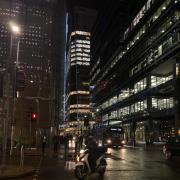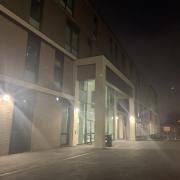
There is estimated to be around 27,000 parks and green spaces in the UK - and in the last year, park usage has skyrocketed due to the coronavirus pandemic. But how has this impacted our parks?
In Britain, 1 in 8 households have no access to a garden. The statistic worsens in London to 1 in 5, although 44% of London residents live within a 5 minute radius of a park or green space. With social distancing regulations meaning pubs, houses and restaurants are closed or working at reduced capacity for much of the year, parks have become the new norm for those wanting to spend time with their friends and families.
However, our parks have suffered in several ways as a result of this. Income-generating facilities in parks such as cafes, visitor attractions and even car parks have struggled economically due to the pandemic and restrictions in place, as well as the maintenance and general upkeep of the parks. In addition, many parks are run by volunteers, who were deployed by local councils for immediate Covid roles such as delivering food packages, PPE or more recently vaccines. This loss of volunteers and loss of income has made it difficult for our parks, and placed a lot of pressure on local councils.
The problem of littering has also decimated the landscapes of our parks; sunny days in April 2021 have been recorded as some of the worst for littering. Even if the bins are overflowing, park users are encouraged to take their litter home with them, however this message is often lost and more volunteers are left to deal with the consequences; areas such as Primrose Hill, Hyde park and Clapham Common have been hit hardest in the past few weeks.
While our parks have had to deal with the negative impacts of the pandemic, it is important to highlight the benefits that the pandemic has brought, including increased biodiversity and a lifeline for our communities. There has been a great awareness of the importance of our parks both for physical and mental well being throughout this tough situation, and the social interactions they have provided and continue to provide have been essential. With regulations easing ahead of the summer, I hope that this awareness will continue, and that people will be more kind to our parks and those who look after them.



























